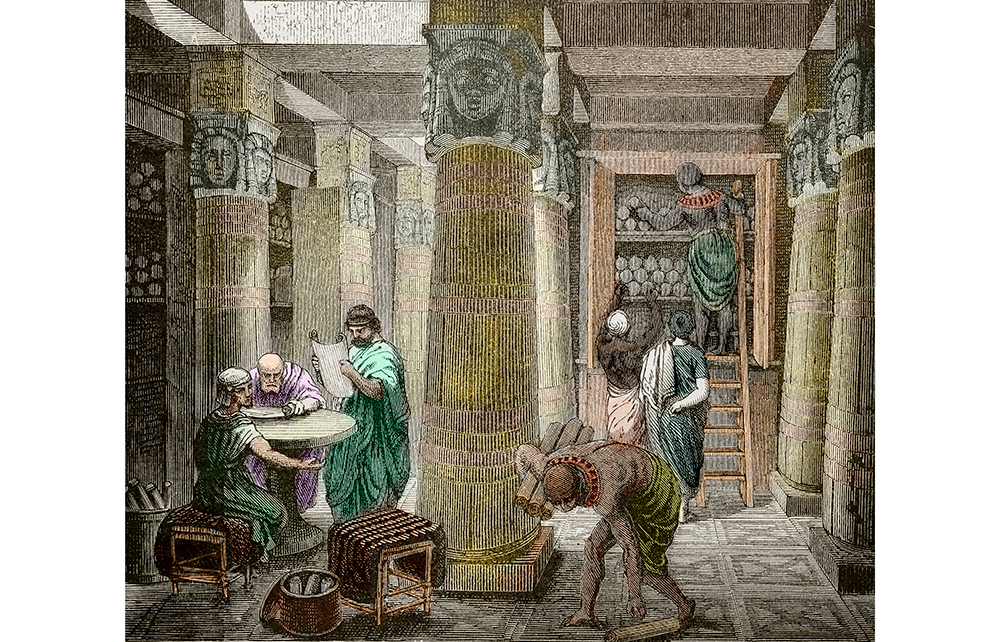‘Now, what I want is Facts…You can only form the minds of reasoning animals upon Facts: nothing else will ever be of any service to them.’ When Dickens begins Hard Times with these words, spoken by the odious, square-faced Mr Gradgrind, we are left in no doubt that, for Dickens, an education should consist of far more than simply having imperial gallons of facts poured into us until we are full to the brim. The novel’s opening scene is a wink shared between naughty school-children, between Dickens and us, reminding us that teacher is being absurd. Of course knowledge means more than just an accumulation of facts.
But what then? Simon Winchester’s Knowing What We Know is a loose run-through of several millennia’s worth of epistemology and approaches to the transmission of knowledge. It begins with the author’s childhood shock at a wasp sting. This is a powerful kind of experiential learning, more painful but more memorable than Gradgrind’s rote learning.

Get Britain's best politics newsletters
Register to get The Spectator's insight and opinion straight to your inbox. You can then read two free articles each week.
Already a subscriber? Log in







Comments
Join the debate for just $5 for 3 months
Be part of the conversation with other Spectator readers by getting your first three months for $5.
UNLOCK ACCESS Just $5 for 3 monthsAlready a subscriber? Log in